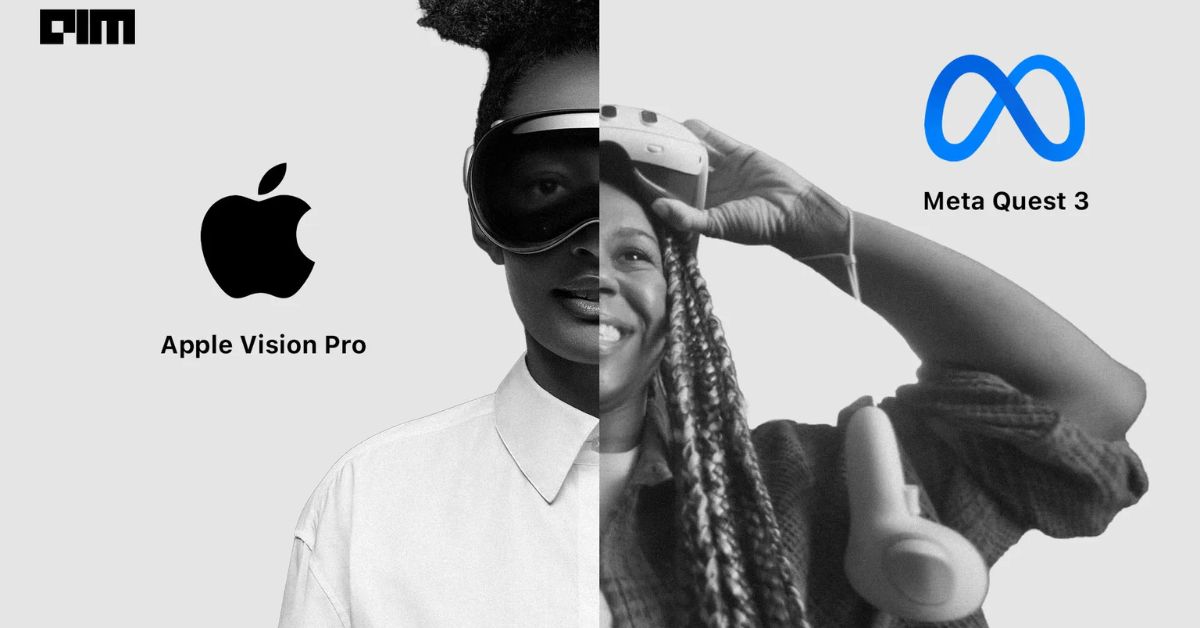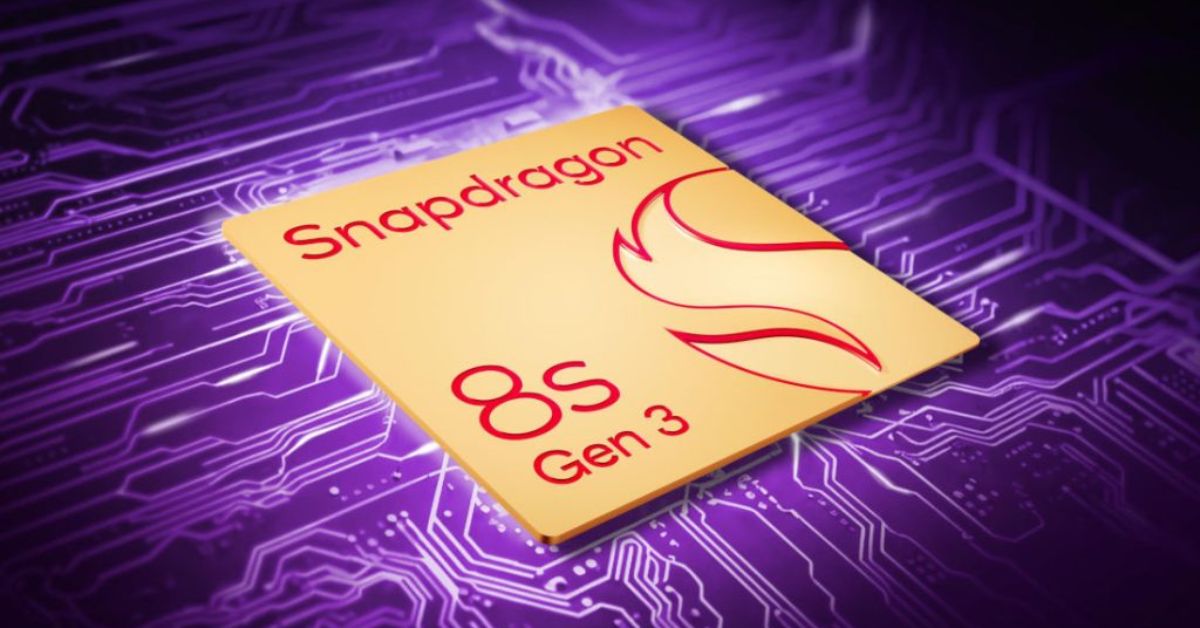With the recent launch of the Apple Vision Pro and the ongoing popularity of Meta’s Quest 3, consumers are faced with a crucial decision: invest in Apple’s ultra-premium VR headset or opt for Meta’s more budget-friendly alternative.
Mark Zuckerberg, CEO of Meta, recently shared his thoughts on the matter, asserting that the Quest 3 reigns supreme. But how accurate is his assessment? Let’s delve into the details.
Mark Zuckerberg’s Perspective
Zuckerberg’s endorsement of the Quest 3 over the Vision Pro emphasizes the former’s superior value proposition. He highlights the Quest’s significantly lower price point, making it a more accessible option for consumers.
Additionally, he underscores the Quest’s suitability for mobile use cases like gaming and fitness, citing its robust library of VR titles and third-party accessories.
View this post on Instagram
Technical Specifications
Comparing the technical specifications of the two headsets reveals some key differences. While both feature pancake lenses, the Quest 3 boasts a slightly lower display resolution than the Vision Pro. However, it compensates with a higher refresh rate, catering to gamers and enthusiasts seeking smooth performance.
Additionally, the Quest 3’s plastic construction contributes to its lightweight and durable design, contrasting with the Vision Pro’s glass and aluminum build.
Recent: Meta’s Oculus Account Deletion Announcement
Reasons to Choose the Meta Quest 3

Gaming and Fitness: The Quest 3 excels as a gaming-first headset, offering a vast array of VR titles and accessories tailored to immersive gaming experiences. Its lightweight design and ergonomic controllers enhance comfort during extended gaming sessions or fitness activities.
Comfort and Physical Controllers: The Quest 3 prioritizes user comfort with its lightweight plastic construction and ergonomic Touch Plus controllers. These features make it an ideal choice for users seeking a comfortable and intuitive VR experience.
Affordability: With a starting price of $500, the Quest 3 significantly undercuts the Vision Pro’s $3,500 price tag. This substantial price difference reflects the divergent target markets of the two headsets, with the Quest 3 catering to mainstream consumers seeking value and functionality.
Conclusion
While Mark Zuckerberg’s endorsement of the Meta Quest 3 may carry some bias, his assessment aligns with the headset’s strengths in gaming, comfort, and affordability. However, consumers should consider their specific needs and preferences when choosing between the Quest 3 and the Vision Pro.
Ultimately, both headsets offer unique features and capabilities, catering to different segments of the VR market.



